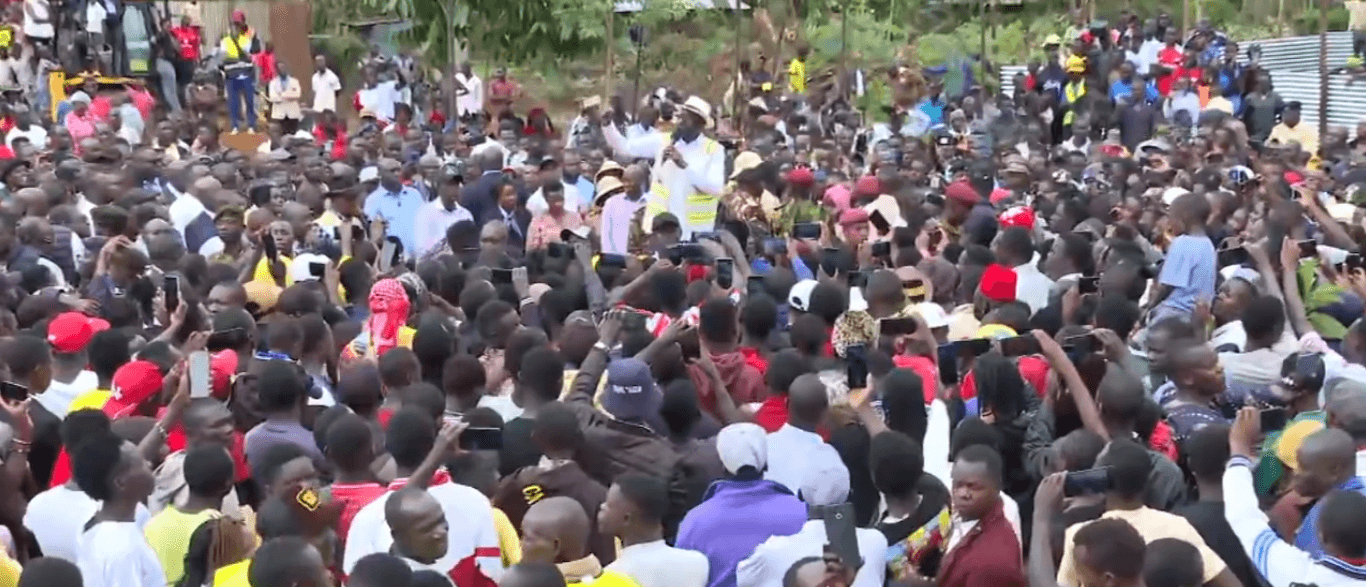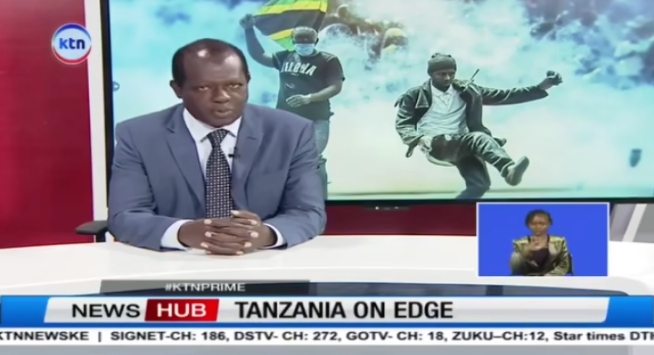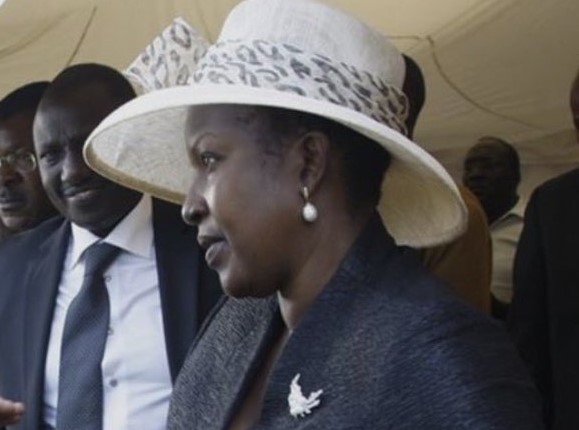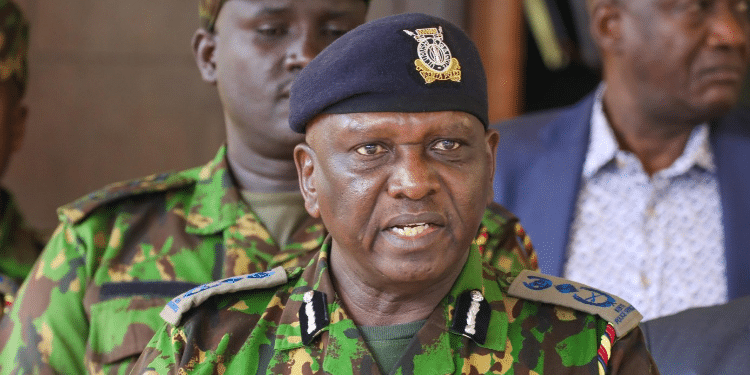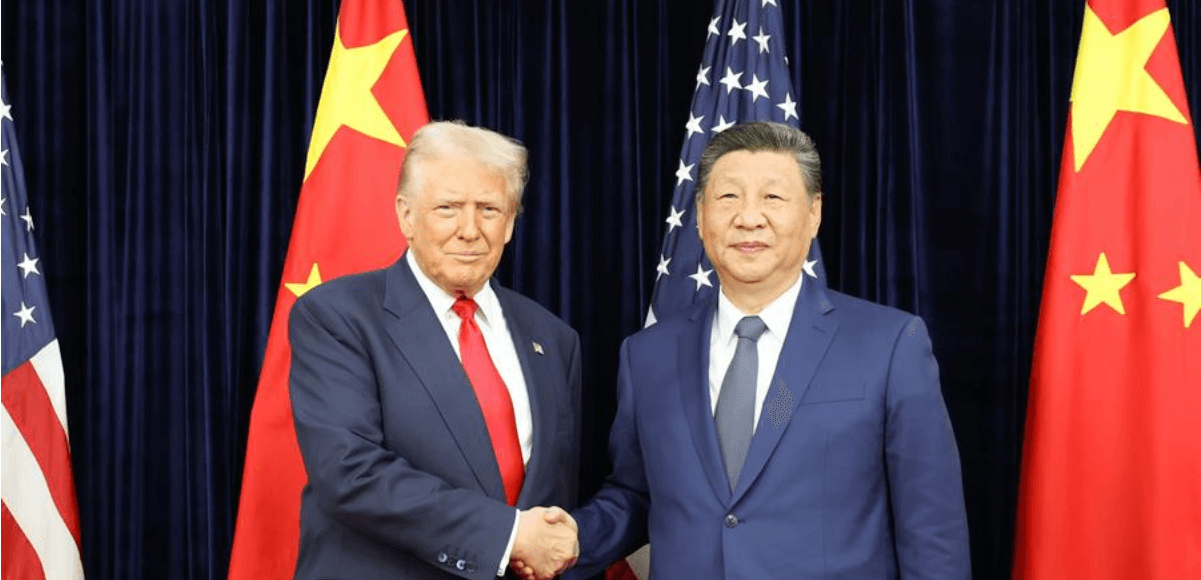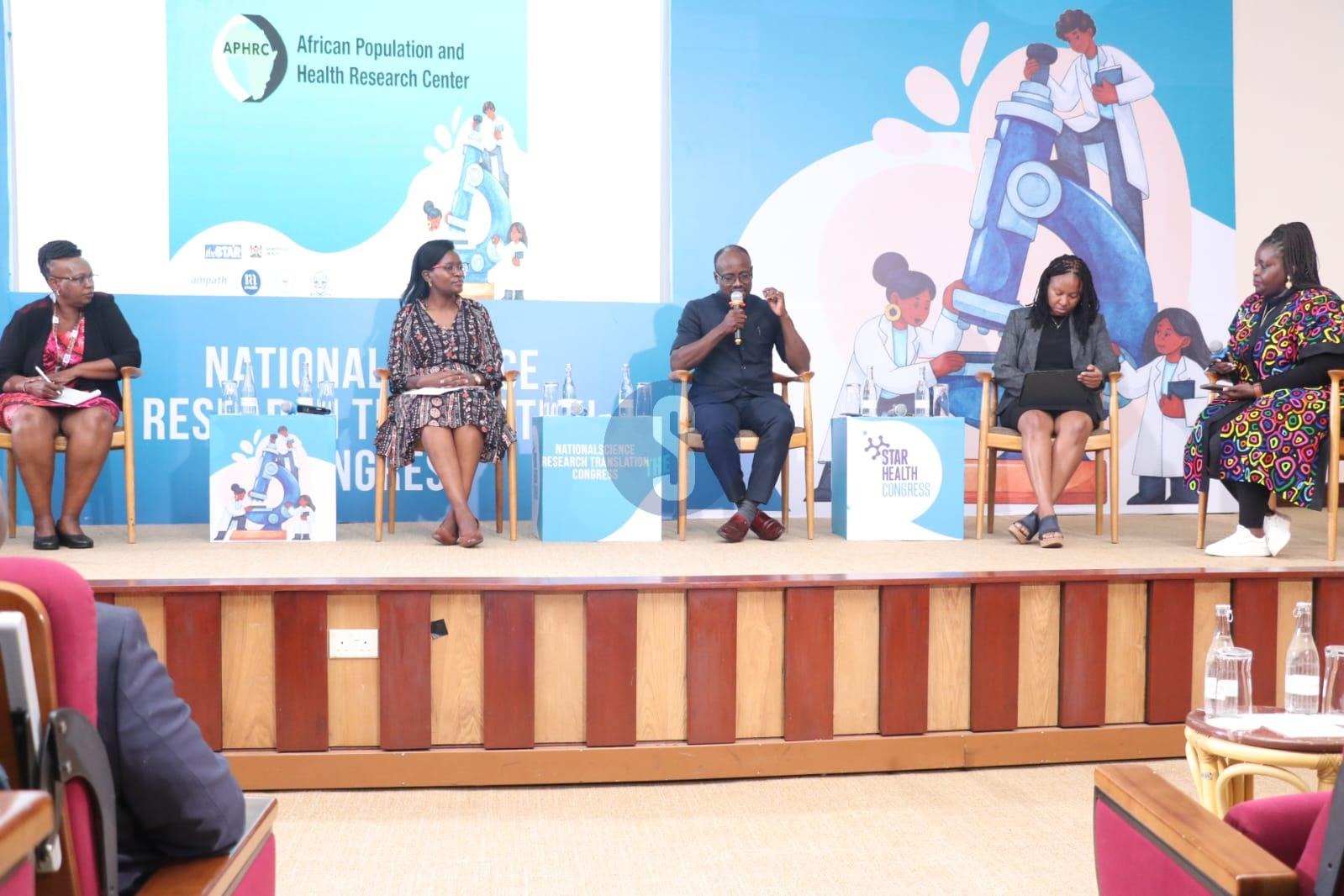 USIU Assistant Professor of Communications and Media Dr Dorothy Njoroge; Centre for Epidemiological Modelling and Analysis (CEMA,) Infectious disease specialist, Dr Loice Ombajo; Christian Health Association of Kenya (CHAK) secretary general and CEO Dr. Chris Barasa; Defrontera Media Editor in Chief Anne Mawathe; and RAG Head of Electronic Media Susan Kimachia, during the National Science Research Translation Congress at APHRC headquarters, Nairobi on October 22, 2025/LEAH MUKANGAI.
USIU Assistant Professor of Communications and Media Dr Dorothy Njoroge; Centre for Epidemiological Modelling and Analysis (CEMA,) Infectious disease specialist, Dr Loice Ombajo; Christian Health Association of Kenya (CHAK) secretary general and CEO Dr. Chris Barasa; Defrontera Media Editor in Chief Anne Mawathe; and RAG Head of Electronic Media Susan Kimachia, during the National Science Research Translation Congress at APHRC headquarters, Nairobi on October 22, 2025/LEAH MUKANGAI.
Speaking at The Star Newspaper’s Inaugural National Science Research Translation Congress in Nairobi, Dr. Amoth stressed the critical need to close the “know-do gap,” which is the persistent disconnect between scientific knowledge and its practical implementation in policy and public health practice.
Dr. Amoth emphasized that while science and research are the foundation of strong health systems, a significant amount of groundbreaking research remains underutilized.
He lauded the congress for fostering dialogue on how to move from evidence to action and suggested that future forums should include Ministry of Health technical officers to share their experiences.
The Director General underscored the critical role of communication in this process, especially given that Africa records over 100 public health emergencies annually.
He called for a multi-sectoral approach to
ensure complex scientific findings are packaged in a language the ordinary
person can understand, thereby countering misinformation and strengthening
public trust.
“The Ministry of Health is actively strengthening evidence-based policymaking by bolstering ethical and regulatory frameworks, fostering research-policymaker collaboration, and building innovation ecosystems with partners like KEMRI, APHRC, AMPATH, the Wellcome Trust, other research institutions and researchers in academia.”
Dr. Amoth highlighted the growing use of real-time data to guide service delivery and health outcomes, citing the upcoming Quality Healthcare and Patient Safety Bill as an effort to establish a continuous quality improvement system.
He also announced two significant updates to Kenya’s national vaccination program, both based on local scientific evidence. The HPV Vaccine will see a shift from a two-dose schedule to a single-dose regimen to increase coverage and accelerate the goal of making cervical cancer a disease of the past by 2030.
He also said that the country will transition from oral Polio Vaccine with the introduction of a second dose of the Inactivated Polio Vaccine (IPV) at nine months.
Dr. Amoth highlighted the potential of
Artificial Intelligence (AI) to accelerate the regulatory review process for new health interventions significantly.
He said that “AI could scan complex scientific dossiers in seconds, drastically cutting down the current months-long approval times and ensuring innovations reach the public faster.”
Regarding funding, Dr. Amoth stressed that Kenya must increasingly rely on domestic financing to sustain its health programs. He acknowledged that the donor landscape has shifted for good, with international priorities moving toward defense and internal needs, necessitating a greater utilization of local resources.
Dr. Amoth called for increased investment in young Kenyan scientists through capacity building and mentorship.
He reaffirmed the Ministry’s commitment to grounding all health policies in scientific evidence as the country pursues universal health coverage, concluding: "Let us move from data to decision, from evidence to action, and from innovation to better outcomes."



